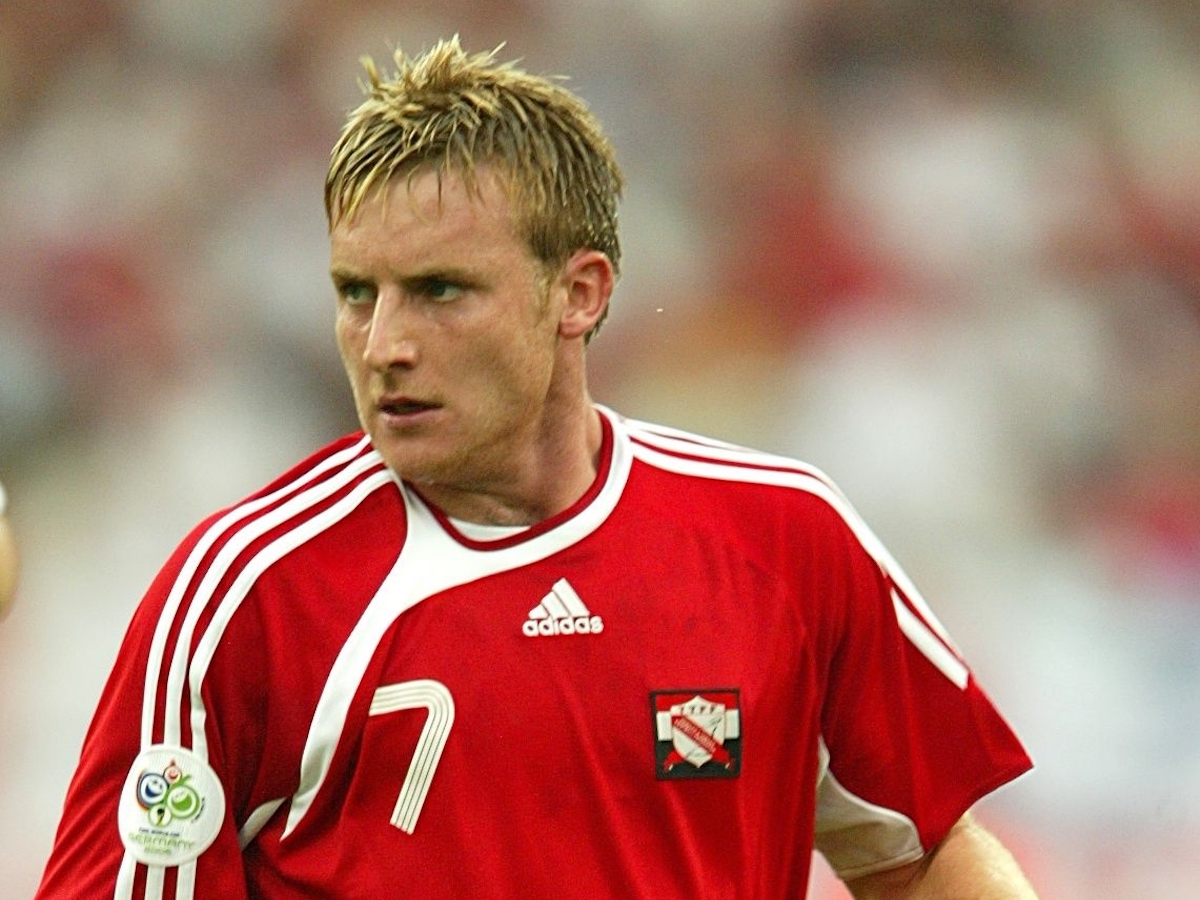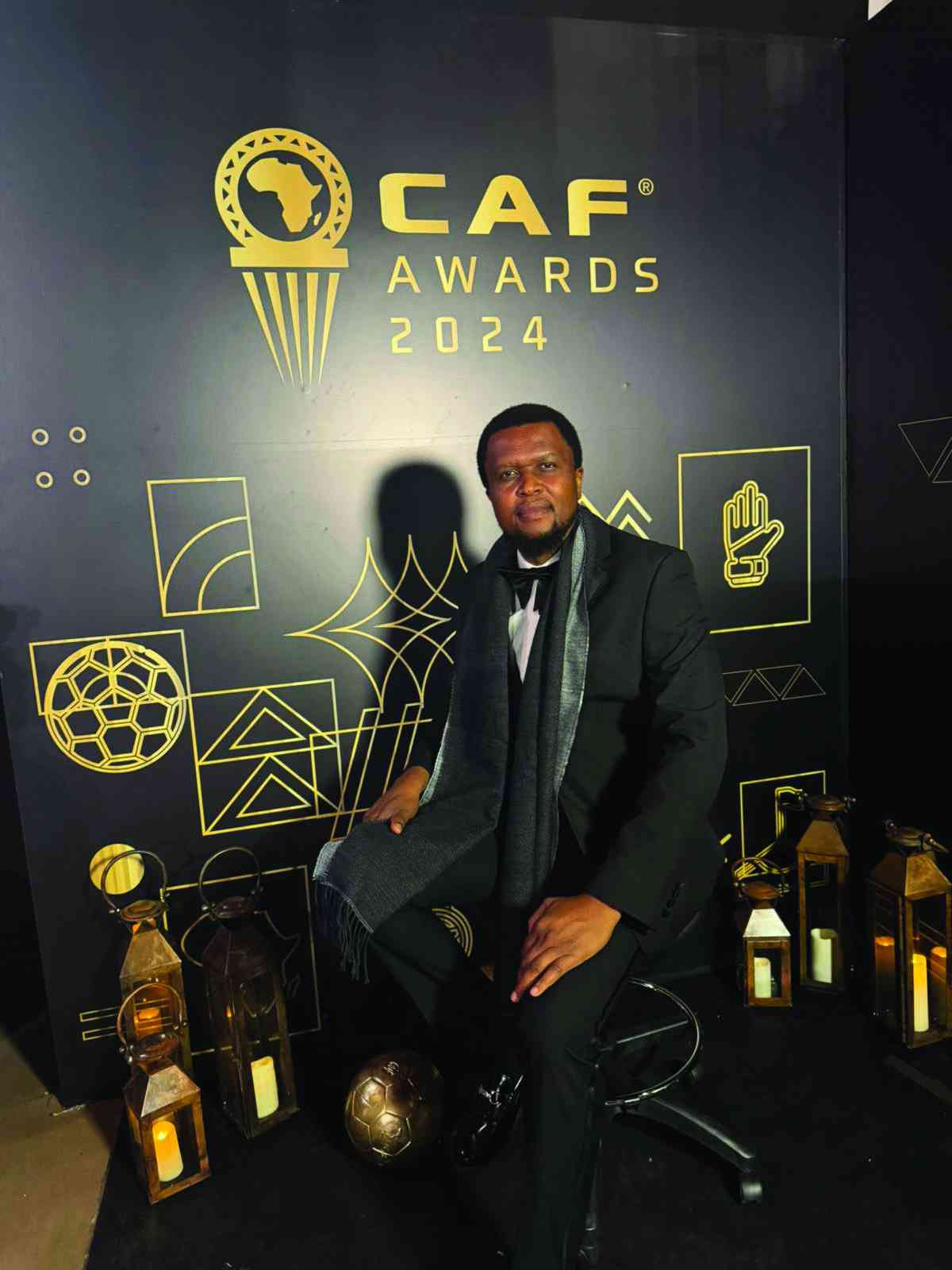
BY TIM MIDDLETON
When it comes to naming the top international soccer players, the name of Chris Birchall is not likely to feature, no disrespect to him.
Those who do name him will most likely to do so for a different reason — he was an unknown midfielder playing for Port Vale in the third tier of English soccer when he was called up to represent Trinidad and Tobago at the World Cup in 2006, through a chance encounter with a fellow professional, Dennis Lawrence, who was playing for Wrexham, and who questioned Birchall if it was true that he had a bit of “Trini blood” in him.
The answer was that he did indeed have some “Trini blood” as Birchall’s mother had been born and spent her first eighteen years in Trinidad when her parents, ex-pats from the UK, worked there.
So, despite never having been to the island country, Chris Birchall had the opportunity to play for them on the highest stage at the World Cup, because he had a little “Trini blood” in him.
In many ways, there is nothing new with that. There are many international sportsmen and women who play for a country without ever having lived there, in some cases purely because they had a grandparent (whom they have never even met), not even a parent, who once lived there.
There is nothing new with that and there is nothing wrong with that — the rules, after all, allow for that, so who would ever begrudge someone the opportunity to do so?
Birchall would never play for his own native England (he was never able to play for a team in the Premier Division, let alone the country), yet here was the chance for him to play in a World Cup. Why would he not do so?
- Chamisa under fire over US$120K donation
- Mavhunga puts DeMbare into Chibuku quarterfinals
- Pension funds bet on Cabora Bassa oilfields
- Councils defy govt fire tender directive
Keep Reading
The issue that we might face here is that we cannot choose which country we represent; we cannot decide on our patriotism.
In most cases, the truth is, it is not patriotism that motivates us to represent our country.
Potentially, depending on where our mother, our father, our maternal grandparents and our paternal grandparents were all born and resided, we could choose any one of six countries to represent — if that is the case, how can we be deemed patriotic?
We will most likely choose the one who chooses us first or the one which offers us the best chance of being selected.
People want to play at the highest level so will take whatever avenue they can to achieve that.
They will, no doubt, be wholly committed when they play for the country, no question.
That is fine but let us not call it patriotism; it is opportunism. We do not care about the country but we only care about ourselves, our own careers.
To call it patriotism is not just a front but an affront, not just a pretence but an offence, not just a lie but an outrage.
There is another issue that we face when it comes to talk of patriotism in sport.
In recent weeks we have seen another international sportsman announce his retirement from international sport so that the player can continue to play at club level for longer.
That is, of course, understandable, as the club pays the player’s (magnificent) salary — thus we are always reminded.
Again, it is not about the country but about the individual. Of course, the player will, in his retirement speech, mention the fact that it was a great honour to play for his country but clearly that honour is only on his terms.
If it is such an honour, we will never turn it down. There is no patriotism involved at all when we retire from the national team; we should be ready and willing to be willing to be selected whenever.
The only time we should not play for our country (barring injury, of course) is when we are not selected.
Patriotism is when we see men and women enlisting for the army and going into battle.
During war years, did we ever hear of a press conference being called and someone announcing that he was stepping down from serving his country so he could focus on his life, his work, his career, his comfort?
Soldiers sacrificed everything on account of their patriotism.
They did not retire; they carried on until they were physically no longer able or were told to step back.
They did not think of putting their own career, let alone their own welfare, above the call of their country.
There is no question that we want the best players to play for our country.
There is no question that we want our young people to grow up proud of their country and desperate to play for it.
Children must realise what an honour it is to represent their country; choosing which country we play for and when we stop playing for that country is not patriotism. It is purely a front – what is more, it is an affront to those patriots who have given everything.
Tim Middleton is a former international hockey player and headmaster, currently serving as the Executive Director of the Association of Trust Schools Email: ceo@atschisz.co.zw










